S.4.1.D
use tools, including hand lenses; metric rulers; Celsius thermometers; calculators; laser pointers; mirrors; digital scales; balances; graduated cylinders; beakers; hot plates; meter sticks; magnets; notebooks; timing devices; sieves; materials for building circuits; materials to support observation of habitats of organisms such as terrariums, aquariums, and collecting nets; and materials to support digital data collection such as computers, tablets, and cameras, to observe, measure, test, and analyze information;
- Plus Plan
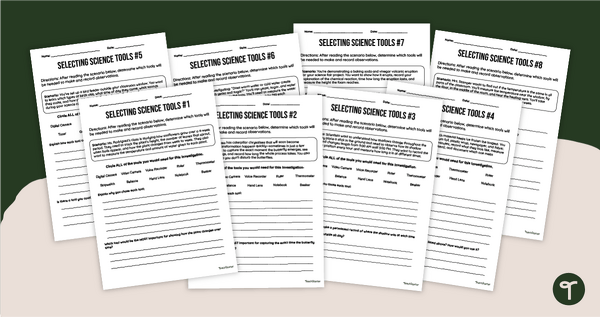
Select a Science Tool Worksheets
Demonstrate knowledge of different science lab equipment and investigation tools while boosting science inquiry skills with a set of printable Select a Science Tool Worksheets.
- Plus Plan
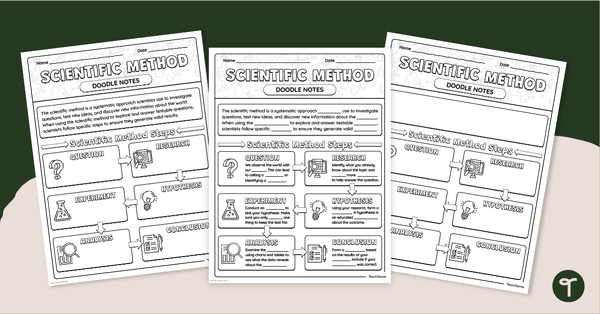
Differentiated Scientific Method Doodle Notes Templates
Use scientific method doodle notes to turn learning the scientific method into a meaningful note-taking session for students!
- Plus Plan
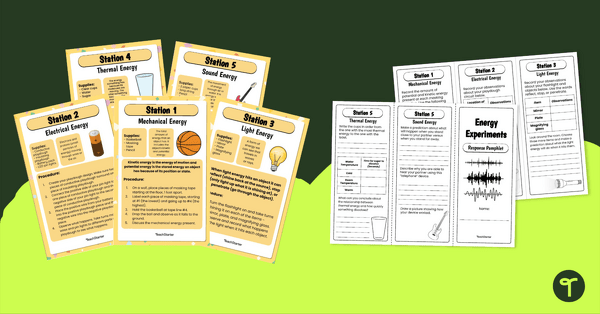
Forms of Energy – Science Experiments for Kids
Investigate mechanical, electrical, light, thermal, and sound energy with this set of science activities for kids.
- Free Plan
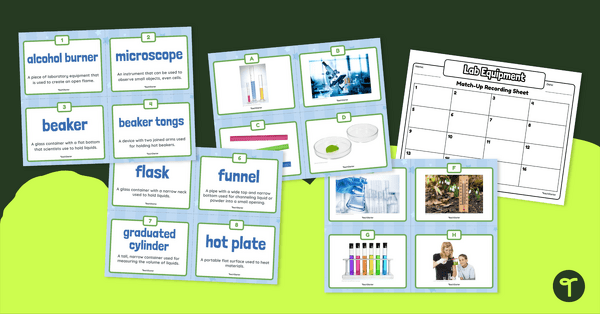
Lab Equipment Activity – Vocabulary Match Up
Use this lab equipment activity to identify different types of science tools by matching vocabulary terms, pictures, and definitions.
- Plus Plan
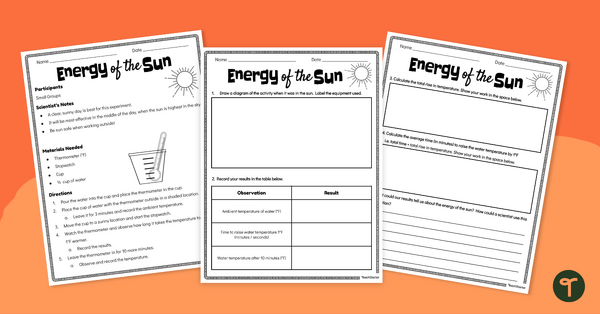
Energy of the Sun Worksheet
Investigate and record the amount of energy from the sun with this science experiment for kids.
- Plus Plan
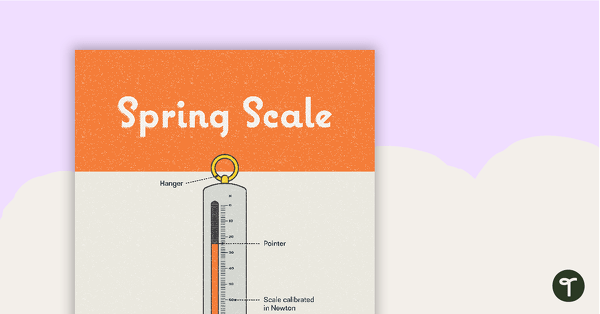
Spring Scale Poster – Diagram with Labels
A poster containing a diagram with labels showing the key parts of a spring scale.
- Plus Plan
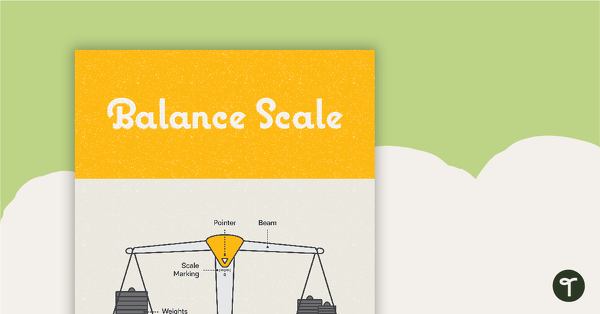
Balance Scale Poster – Diagram with Labels
A poster containing a diagram with labels showing the key parts of a balance scale.
- Plus Plan
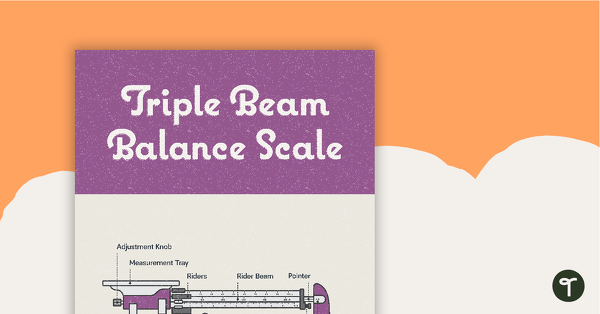
Triple Beam Balance Scale Poster – Diagram with Labels
A poster containing a diagram with labels showing the key parts of a triple beam balance scale.
- Plus Plan
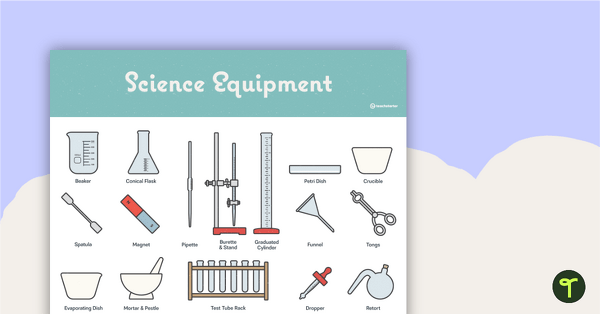
Lab Equipment Poster – Diagram with Labels
A poster containing a diagram with labels showing standard lab equipment.
- Plus Plan
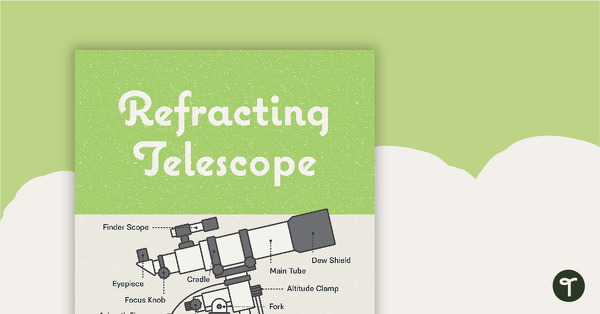
Refracting Telescope Poster – Diagram with Labels
A poster containing a diagram with labels showing the key parts of a refracting telescope.
- Plus Plan
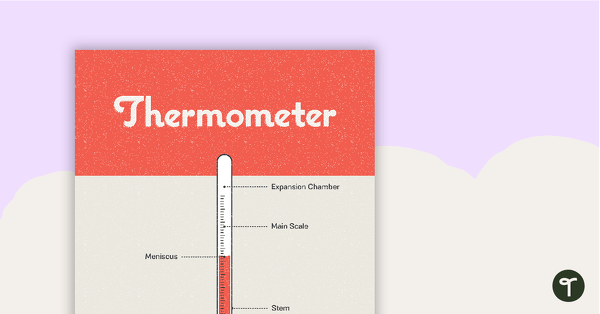
Thermometer Poster – Diagram with Labels
A poster containing a diagram with labels showing the key parts of a thermometer.
- Plus Plan
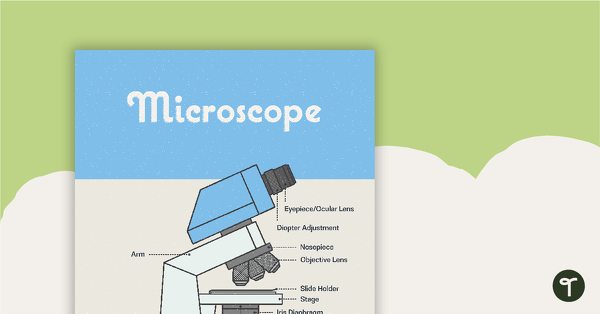
Microscope Poster - Diagram with Labels
A poster containing a diagram with labels showing the key parts of a microscope.
- Plus Plan
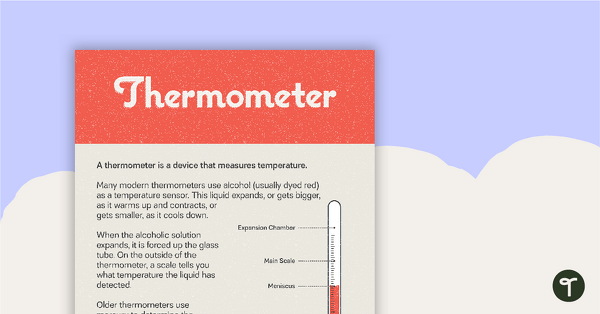
Thermometer Poster (with Description)
A poster to display in the classroom when learning about the thermometer.
- Plus Plan
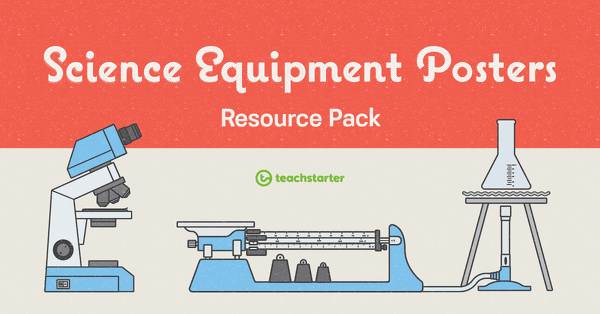
Science Equipment Poster Pack for the Classroom With Labels
A poster resource pack containing diagrams with labels of various pieces of scientific apparatus.